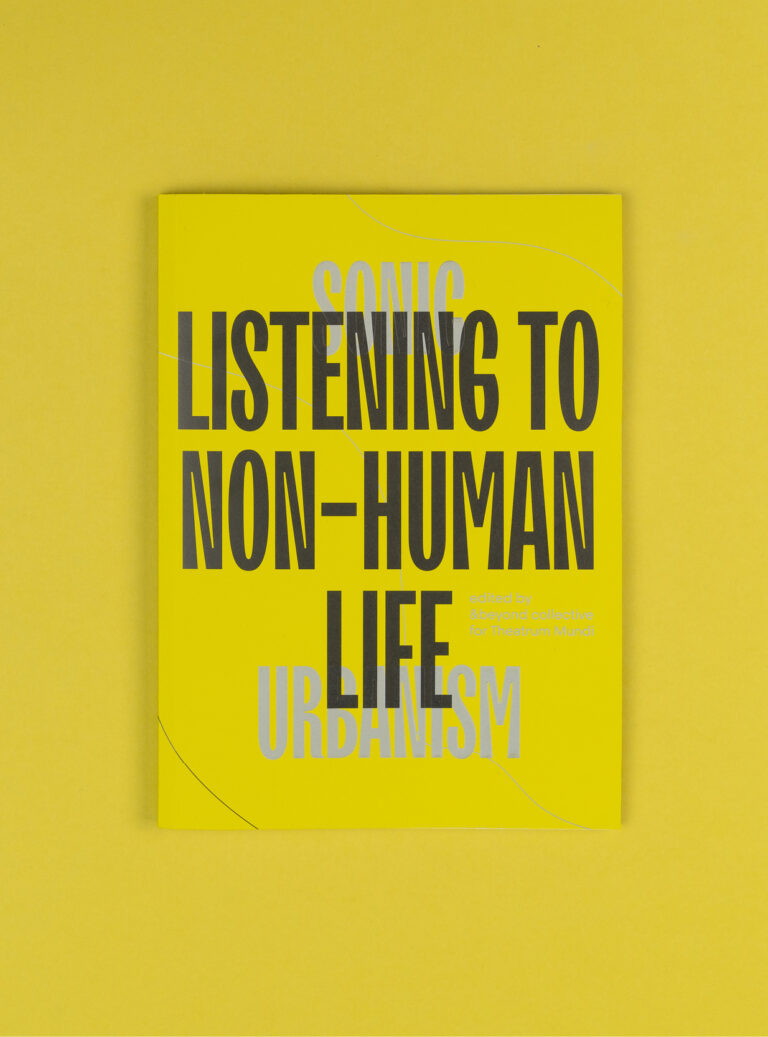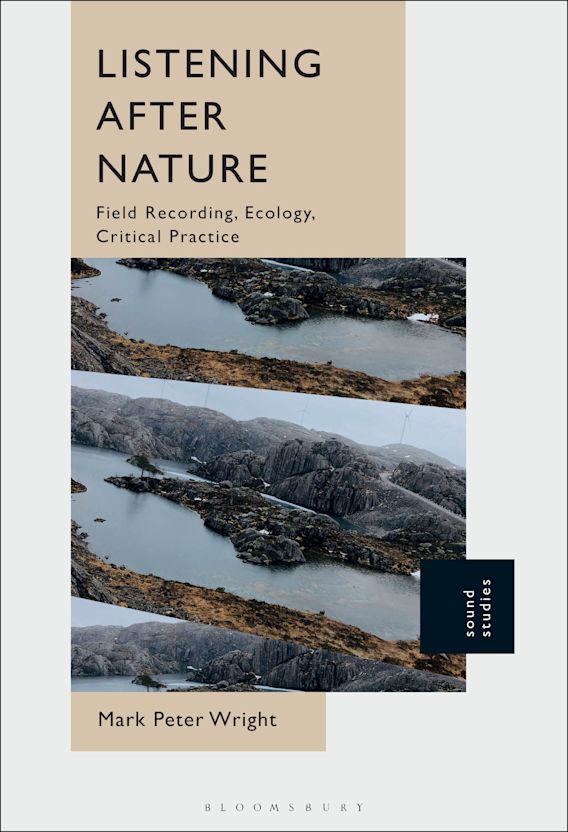
Publication – Listening to Non-Human Life



« Ce qui s’animait autour de moi m’apparaissait plus vivant dans cette obscurité que si je l’avais observé en plein jour. Jamais je n’avais perçu aussi clairement des mufles sonder le monde, des corps s’enfoncer dans les feuillages, des cous musculeux se contracter, des flancs tressaillir, des sabots marteler rudement le sol, des jarrets frotter les herbes sèches, des cuisses se tendre dans l’esquisse d’une fuite. Jamais je n’avais « vu » ces bêtes sauvages aussi distinctement que cette nuit. Tout était prodigieusement vivant et harmonieux, comme mis en consonance ». J. T.
Les voix nous disent le monde qu’on ne voit pas. En redonnant chair aux voix invisibles, Jacques Tassin nous invite à renouveler l’attention que nous lui portons. Pour mieux nous relier et en prendre soin.
Field Recording, Ecology, Critical Practice

Listening After Nature examines the constructions and erasures that haunt field recording practice and discourse. Analyzing archival and contemporary soundworks through a combination of post-colonial, ecological and sound studies scholarship, Mark Peter Wright recodes the Field; troubles conceptions of Nature; expands site-specificity; and unearths hidden technocultures. What exists beyond the signal? How is agency performed and negotiated between humans and nonhumans? What exactly is a field recording and what are its pedagogical potentials?
These questions are operated by a methodology of listening that incorporates the spaces of audition, as well as Wright’s own practice-based reflections. In doing so, Listening After Nature posits a range of novel interventions. One example is the “Noisy-Nonself,” a conceptual figuration with which to comprehend the presence of reticent recordists. “Contact Zones and Elsewhere Fields” offers another unique contribution by reimaging the relationship between the field and studio. In the final chapter, Wright explores the microphone by tracing its critical and creative connections to natural resource extraction and contemporary practice.
Listening After Nature auditions water and waste, infrastructures and animals, technologies and recordists, data and stars. It grapples with the thresholds of sensory perception and anchors itself to the question: what am I not hearing? In doing so, it challenges Western universalisms that code the field whilst offering vibrant practice-based possibilities.
Acknowledgments
Introduction
1. Recoding the Field
2. Constructing Nature
3. Stretching Site
4. Following the Flow
Conclusion: Pressing Record & Pressing Play-On Suspicious Listening & Affirmative Ethics
Bibliography
Index
Mark Peter Wright is an artist, researcher, and member of CRiSAP (Creative Research into Sound Arts Practice), University of the Arts, London. His practice intersects sound arts, ecology, and experimental pedagogy across exhibition, performance, and publishing.